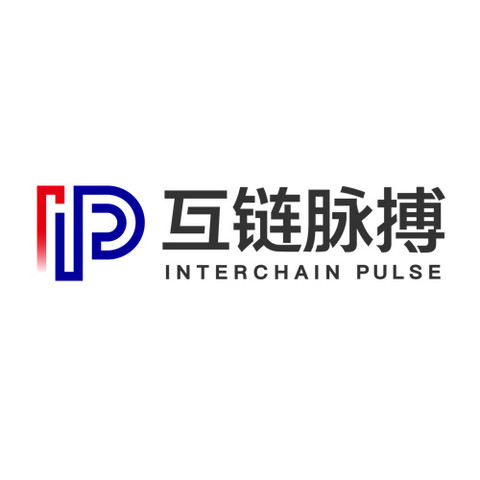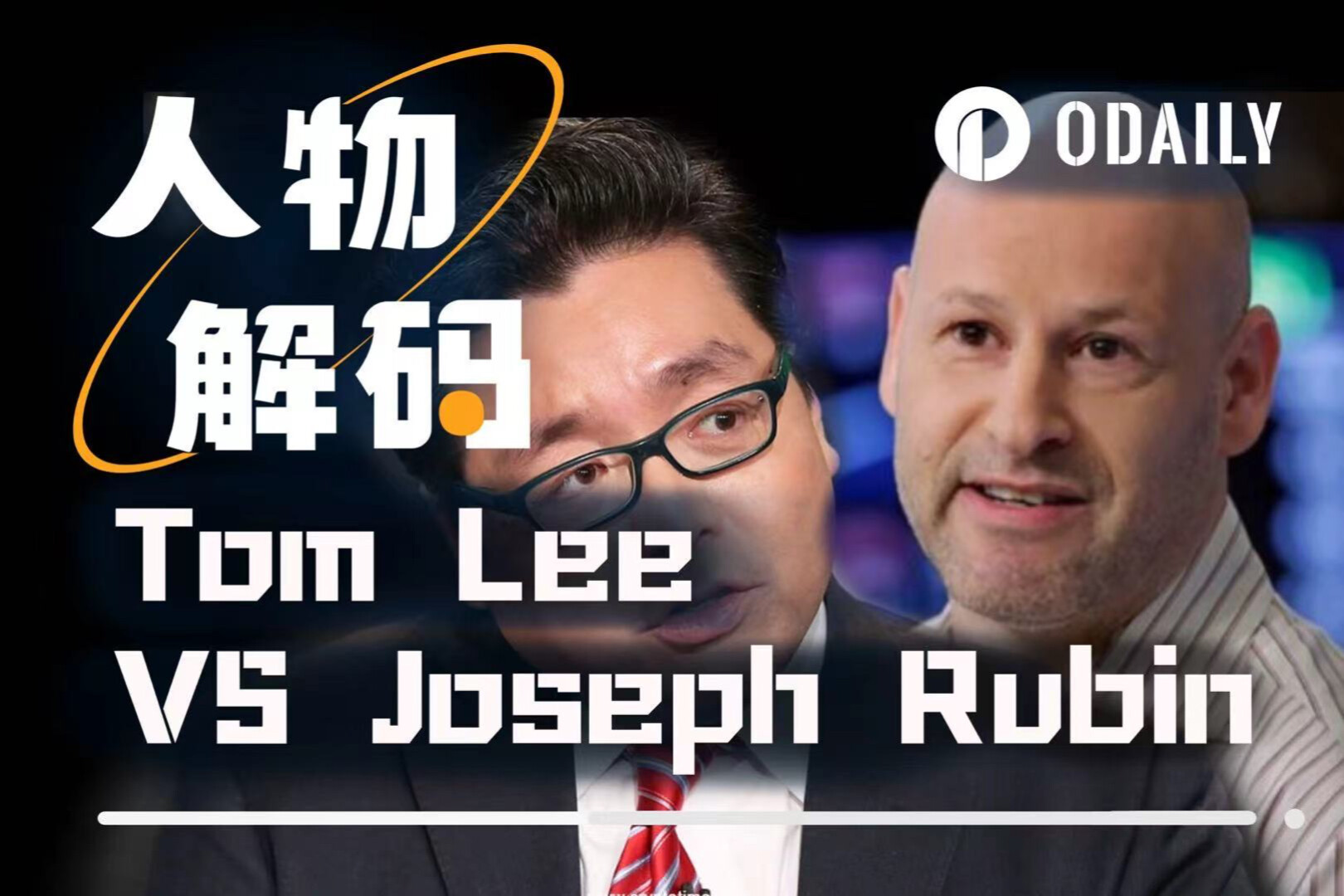Editor's Note: This article comes fromInterchain Pulse (ID: HiveEcon), reprinted by Odaily with authorization.
Editor's Note: This article comes from
Interchain Pulse (ID: HiveEcon)
, reprinted by Odaily with authorization.
Three years ago, the famous American grain merchant AMD (Archer Daniels Midland Company) also regarded China's largest grain merchant COFCO as a competitor. But now they are working together, and the link technology of cooperation is blockchain.
On March 31, Swiss regulators approved the legal entity of Covantis SA. This entity brings together the world's top grain merchants, including China's COFCO and the US's ADM, as well as Bunge, Cargill, Louis Dreyfus and Glencore Agriculture. These six companies almost dominate the global grain trade. Covantis SA aims to build a data platform for grain trade through blockchain to reduce transaction costs.
In recent years, Chinese enterprises have frequently been blocked from participating in international cooperation and overseas investment. The epidemic has further stimulated the trend of anti-globalization from behind the scenes to the foreground. The application of blockchain technology has provided a new path for collaboration between multinational companies.
secondary title
from rival to partner
Founded in 1902, AMD is the largest agricultural company in the United States. It is headquartered in Chicago, Illinois, USA, with 31,300 full-time employees (2018). About 2/3 of its revenue comes from the processing of soybeans, peanuts and other oilseeds.
AMD, together with Bunge of the United States, Cargill of the United States, and Louis Dreyfus of France, are collectively known as the world's four major grain merchants, and they are the "ABCD" of the grain industry. Switzerland-based Glencore Agriculture (Glencore), a commodity trader, has higher turnover than companies like Nestle, Novartis and UBS.
The above-mentioned companies are all companies from traditional developed countries, and COFCO is a latecomer. However, a Reuters report three years ago directly pointed to COFCO's impact on traditional grain merchants.
ADM's troubles were partly due to lower grain prices and trading volumes, and partly due to increased competition from the Chinese company COFCO Group, which had begun to expand aggressively into the international grain market.
In 2018, ADM jointly launched Covantis SA with "BCD". Its goal is to automate 60 percent of execution tasks in commodity trades such as grain and increase transaction speed by 70 percent. By replacing human processes, the initiative hopes to reduce error rates by 80 percent and reduce the amount of data rekeyed by 90 percent. Stefano Rettore, chief risk officer who joined ADM in 2017, is in charge of this project.
In December, Covantis SA disclosed the latest development, which was joined by COFCO and Switzerland's Glencore. So far, major global grain traders have gathered.
According to public information, the 2017 revenue of the six companies reached 252.7 billion US dollars.
(Organization: Interlink Pulse)
On March 31 this year, Covantis SA was officially approved by the Swiss regulatory authority, and each of the six major grain merchants sent one person to form a board of directors. The chairman of the board of directors The six major grain merchants took turns as the chairman of the board of directors, and the French-headquartered Louis Dreyfus Group sent a director to serve as the first chairman.
Under the framework of Covantis SA, based on blockchain and related privacy protection technologies, the data of the six major grain merchants is shared and kept confidential, which will reshape the operating system of global grain trade. What is especially important is that the original competition has also been transformed into cooperation.
COFCO even emphasized in its external press release that, as one of the co-founders of the Covantis project, COFCO will enhance my country's status and voice in international agricultural product trade.
secondary title
Industrial country
The reason why Western grain merchants cooperate with COFCO is that China's huge grain trade and COFCO's role in it are the leading factors, but the trust mechanism based on the blockchain system provides a technical basis for their cooperation.
It was revealed that the Covantis SA solution will be built on Quorum, a blockchain system developed by JP Morgan based on Enterprise Ethereum (Etalum).
Based on this system, Covantis SA uses the encrypted and distributed nature of the block chain to ensure that all transactions are private, consistent and secure.
Based on this system, there will be no fakes between members, and there will be no worry about their confidential data being leaked. According to Covantis SA, details of the transaction will be kept under wraps. Other users will not see the private affairs of the transaction parties, nor will they know anything about the transaction.
According to Covantis SA's plan, in the third quarter of 2020, this system will be used to transport a large amount of soybeans from the port of Santos, Brazil to China. This is the first verification of the system. Covantis SA did not choose the traditional European and American routes, but chose the route from Brazil to China, which shows the trust of the members in COFCO.
Nowadays, in the anti-globalization wave, Chinese enterprises are facing more challenges in going global. COFCO's joining Covantis SA provides a new way of thinking.
(Tabulation: Interlink Pulse)
It is also worth noting that the direct cooperation between grain merchants is likely to gradually break away from the original grain trading intermediaries, such as grain exchanges, and these exchanges are based on US dollar finance.
In fact, in addition to Covantis SA inviting Chinese companies, in the past, blockchain alliance organizations including fnality, which is engaged in settlement tokens, and TradeLens, which is engaged in shipping trade, have invited Chinese companies to join. For various considerations, Chinese companies did not join.



